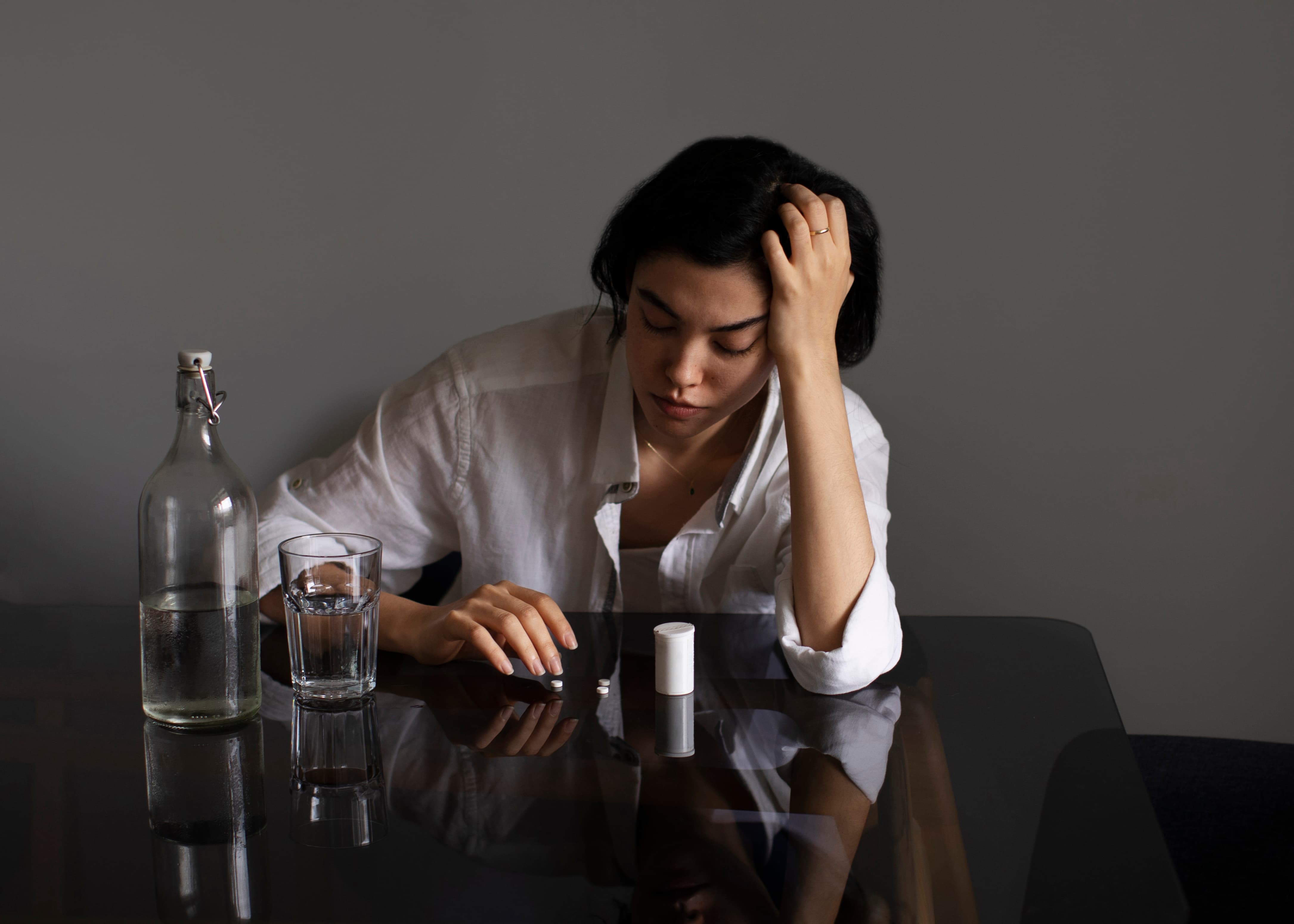The main difference between drug rehab and partial hospitalization is intensity. Drug rehab provides 24/7 care with medical supervision. PHP offers structured daytime therapy without overnight stay, ideal for stable individuals needing support while living at home.
When life feels out of control, getting help shouldn’t add more pressure. Let me walk you through how these two levels of care compare so you can decide which one truly fits your needs and life.

Find the Right Fit for Your Daily Needs
Recovery looks different for everyone. What helped someone else may not be what helps you. The key is finding a care level that fits your health needs, daily responsibilities, and home environment. The right setting makes recovery more achievable and more sustainable.
Match Care Level to Medical and Mental Health Conditions
Substance use often overlaps with mental health conditions. If you're managing both, dual diagnosis treatment is essential. Inpatient drug rehab works best for those needing 24/7 medical care, especially during withdrawal or early recovery.
If you’re medically stable and managing conditions like anxiety or depression, a Partial Hospitalization Program (PHP) or Intensive Outpatient Program (IOP) may be a better fit. New Horizons Recovery Centers offers these options for anyone seeking trusted rehab in Cincinnati. We provide daily clinical support while letting you return home after sessions.
Check Support System and Stability at Home
A safe, sober home can support your recovery. If you have a stable space and supportive people, PHP or IOP may be enough. But if your home has tension, triggers, or relapse risks, inpatient care offers a structured environment to start healing. Family therapy and alumni programs can reinforce long-term support.

Drug Rehab Provides Full-Time Supervised Treatment
Searching for a drug treatment center near me often means you need structure, stability, and hands-on care to begin recovery. Residential rehabilitations centers offer that foundation, helping you stabilize and build healthier habits from day one.
Receive Medical Assessment and Around-the-Clock Monitoring
Many residential drug rehab programs begin with medical assessment. If you're physically dependent on substances, this is overseen by medical staff to manage withdrawal symptoms and reduce risks.
Right after, daily check-ins, therapeutic activities, and medical oversight continue to help you stay on track. SAMHSA reports that 68% of people who complete detox find it effective, proof that proper support makes recovery more achievable.
Join Intensive Therapy With Strong Relapse Prevention
Rehab centers go beyond detox. You’ll join intensive therapy focused on relapse prevention and long-term change. Programs often include:
- One-on-one therapy for personal insight
- Group sessions for connection and accountability
- Skills for recognizing and managing triggers
- Tools like CBT, DBT, and mindfulness techniques
Relapse is common, with 40% to 60% of people returning to use after treatment. But structured rehab helps you prepare. You get time to practice what you learn before returning to everyday stressors.
Partial Hospitalization Program Combines Structure With Daytime-Only Treatment
PHPs offer a structured approach to recovery without requiring you to stay overnight. It’s a step between inpatient drug rehab and outpatient care, ideal if you need daily support but also want to stay connected to home.
Attend Therapy for Several Hours Each Weekday
PHP typically runs five days a week, several hours per day. Sessions include individual therapy, group support, and family counseling. Some programs add life skills training or educational workshops.
This setup, available through many rehab centers, including those offering drug rehab in Cincinnati, lets you focus on recovery during the day and apply those lessons in real life at night. PHP works well for those who are medically stable but need more structure than standard outpatient care provides.
Build Skills and Manage Medication Without Overnight Stay
PHP supports recovery without overnight stays. You’ll work closely with your care team to manage symptoms, strengthen coping strategies, and build healthy routines.
Treatment often includes:
- Medication management
- Trigger and craving response tools
- Emotion regulation strategies
- Weekly goal setting and progress checks
- Peer support and therapeutic groups
PHP helps you stay accountable while balancing treatment with everyday life.

IOP Offers Flexible Support for Milder Symptoms
If you’re searching for a drug treatment center near me to manage mild symptoms or transition from inpatient care, an Intensive Outpatient Program (IOP) may be the right fit. IOP offers structured support without stepping away from your daily life.
Join Fewer Weekly Sessions for Focused Support
IOP provides care a few times a week, often in the evenings or on weekends. This makes it easier to stay connected to work, school, or family while staying committed to recovery. Sessions at rehabilitations centers typically include cognitive behavioral therapy, relapse prevention, and life skills development.
Because the schedule is lighter and the care is goal-focused, IOP works well if you’re stable but still need guidance to maintain progress.
Practice Recovery Skills While Managing Daily Life
IOP lets you put new skills into practice right away. After each session at a drug rehab, you return home and start using the tools you’ve learned in everyday situations, whether at work, with family, or during high-stress moments.
Most IOPs offer:
- Group and individual therapy
- Weekly progress check-ins
- Family therapy options
- Relapse prevention planning
This balance of structure and flexibility supports lasting recovery without disrupting your routine.
Compare Programs Based on Intensity and Lifestyle
Every option at rehab centers offers a different balance of structure and flexibility. Understanding how each program works helps you choose one that fits both your recovery needs and your day-to-day life.
Understand Care Levels From Inpatient to IOP
Addiction treatment exists on a spectrum. The right level depends on your symptoms, stability, and support system. Here’s a quick comparison:
- Inpatient drug rehab: 24/7 care, medical detox, and full supervision
- Partial Hospitalization Program (PHP): Daily therapy with nights at home
- Intensive Outpatient Program (IOP): Part-time sessions for stable individuals with strong support
Higher levels provide more structure, while outpatient care offers flexibility as you stabilize and grow.

Weigh Time Commitment Against Life Responsibilities
Recovery has to work with your life. Inpatient treatment requires full-time focus, often necessary at the start. PHP and IOP allow you to stay engaged in treatment while maintaining ties to family, work, or school.
The right level depends on more than symptoms. It depends on what you can realistically manage. When treatment matches your lifestyle, it becomes easier to stick with it and make lasting progress.
Find the Right Support That Matches Your Life
Choosing between inpatient care and PHP isn’t about picking the “better” program. It’s about finding what truly fits your needs, goals, and support system. Whether you need full-time structure or more flexible care, both options can lead to real, lasting progress.
If you're exploring drug rehab in Ohio, New Horizons Recovery Centers is ready to help you find the right path forward. Call us now. Our team will meet you where you are and guide you toward care that works for your life and not just your symptoms.

-ink.jpeg)
-ink.jpeg)
-ink.jpeg)
-ink.jpeg)
-ink.jpeg)
-ink.jpeg)
